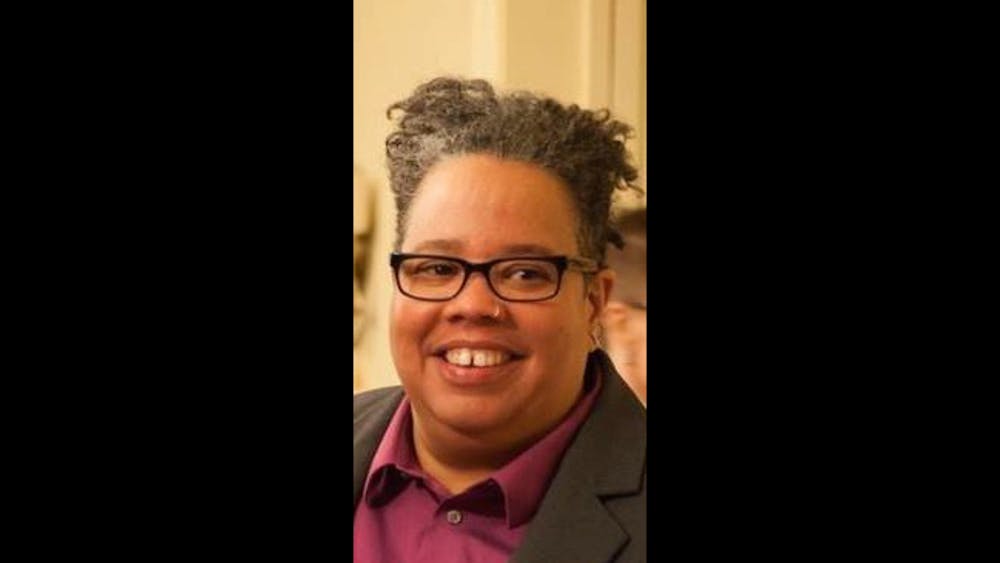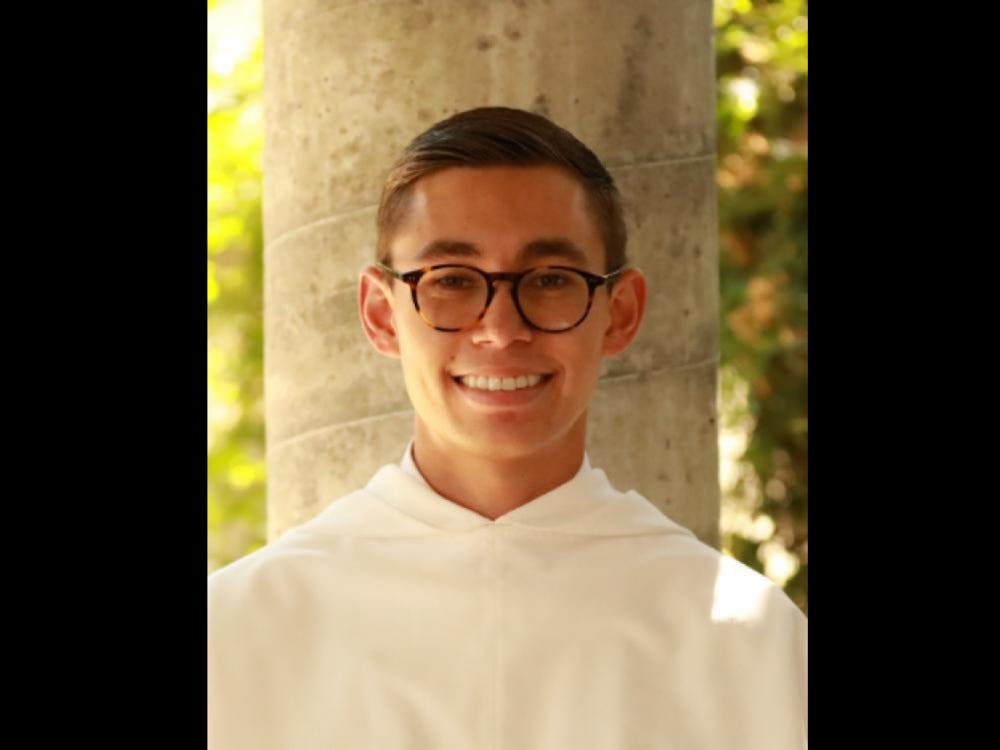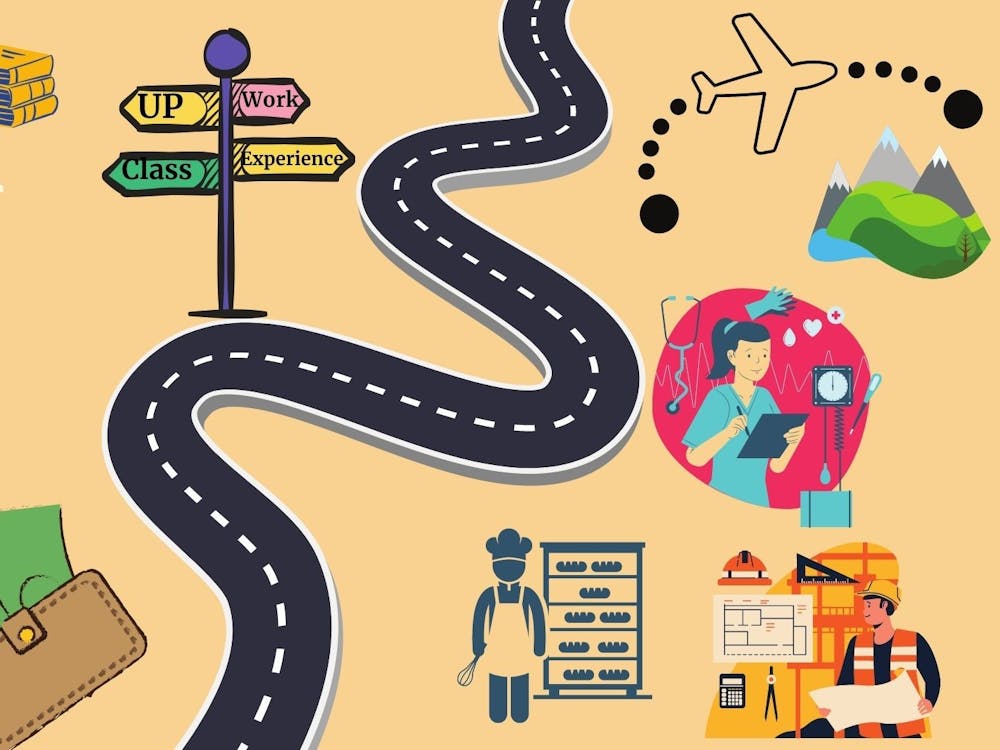This is in response to “We Have Come Too Far” by Br. Benedict Mary Bartsch.
My father came from Africa to the US to study in the late 1950s. He came from a family without too many resources, but he was always a bright and hard working boy and he had managed to win a scholarship sponsored by the Kennedy family. He came with the equivalent of seven dollars in his pocket that his family and tribe had managed to collect for him. Somewhere in the early 1960s, he met my mom and they fell in love.
My mom’s upbringing couldn’t have been more different than my father’s. She was born in Indiana, had never traveled beyond her home town and lived a life that was typical for a sheltered midwestern young woman growing up in the postwar years. She never had spaghetti until she was an adult. She only had ever known one Black person, a girl from an orphanage who was sent to her school because of where the orphanage was located. She was the only Black student in attendance there. Despite their many differences, my parents feel deeply in love.
Love is often without boundaries. It doesn’t tend to respect rules made by people who want to constrict human experience to the limits of their worldview. When my parents decided to marry in 1965, they had to travel many states away from where they were living because it was illegal for a Black and a white person to marry in their home state and the surrounding states at the time.
In 1967, the Supreme Court overturned this prohibition against what used to be called miscegenation or “race mixing” in a case called Loving vs. The State of Virginia. The appropriately named Richard and Mildred Loving were a couple from Virginia who also fell in love despite legal and social barriers dictating that their love was wrong. They were incarcerated after they married in Washington, DC, where it was legal, and returned to their home state of Virginia, where it was not. The Supreme Court decision allowed them to live freely in Virginia where they raised two children until Richard Loving was tragically killed in a car accident.
Despite interracial marriage being legalized by this case, my mother’s family never accepted her choice and she never saw them again.
My parents raised 10 kids in a house filled with love, joy and acceptance. They are now 78 and 84 and have enjoyed many decades of love and family together. When I got older and fell in love, I also found myself unable to legally marry. Despite this, my parents encouraged me and my beloved to marry. My spouse’s church allowed same sex couples to marry, so we decided to marry within her church. My parents were no longer able to travel, so we returned to my home town, and our friends and family traveled from all over the country to attend. My parent’s denomination had a lovely church in my hometown and our reception was catered by someone from my dad’s tribe who owned a restaurant in our area. My brother, who was serving in the Army, surprised me by getting leave to come home from his overseas assignment.
It was a beautiful, flawless wedding filled with happiness and love. A few years into our marriage, we felt called to be foster parents, and a few years after that, the kids that we were fostering became available to adopt. Our family of two now became a family of six.
In 2015, the US Supreme Court legalized same-sex marriage in the US. We already felt married since we had been married in the eyes of God with our whole community as witness, but we decided to make it “legal” with a small ceremony. Mildred Loving, who was now elderly, issued a statement on same sex marriage on the anniversary of the Loving vs. The State of Virginia ruling:
“My generation was bitterly divided over something that should have been so clear and right. The majority believed that what the judge said, that it was God's plan to keep people apart, and that government should discriminate against people in love. But I have lived long enough now to see big changes. The older generation's fears and prejudices have given way, and today's young people realize that, if someone loves someone, they have a right to marry. Surrounded as I am now by wonderful children and grandchildren, not a day goes by that I don't think of Richard and our love, our right to marry, and how much it meant to me to have that freedom to marry the person precious to me, even if others thought he was the ‘wrong kind of person’ for me to marry. I believe all Americans, no matter their race, no matter their sex, no matter their sexual orientation, should have that same freedom to marry. Government has no business imposing some people's religious beliefs over others. Especially if it denies people's civil rights.”
I tell you the story of our family not to challenge Catholic doctrine. After all, as Br. Benedict would point out, who am I to do that? But I have no doubt that my family will survive and thrive just as my birth family did despite what Br. Benedict thinks. I tell you the story of our family only because I think it is important to know who you are hating when you respond to love with hate.
Dr. Amy Ongiri is the Director of Ethnic Studies at UP. They can be reached at ongiri@up.edu.
Have something to say about this? We’re dedicated to publishing a wide variety of viewpoints, and we’d like to hear from you. Voice your opinion in The Beacon.








